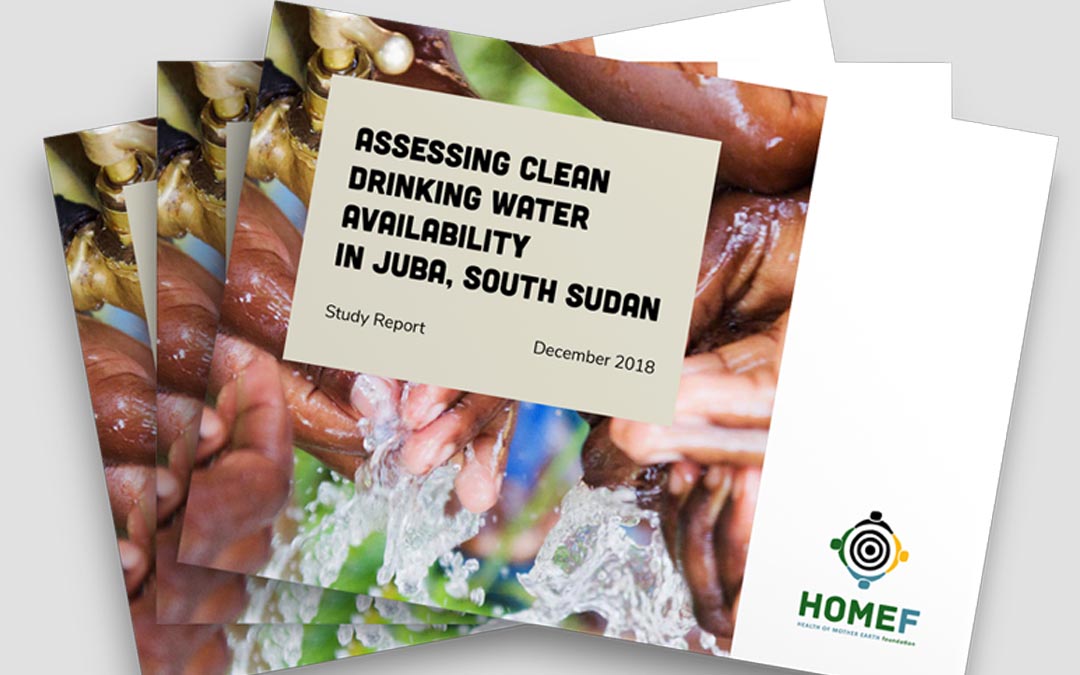Since the independence of the Republic of
When the Republic of South Sudan gained its independence in 2011, the nascent republic was confronted with an uphill task of providing services to 12 millions people with minimal infrastructure. Although the country has been receiving a substantial amount of petrodollars from its oil industry, the level of services provision to citizens has stagnated at the pre-independence period due to a number of factors, including smoldering conflicts.
The persistent conflict has resulted in the death of several civilians and close to two (2) million more displaced persons. While a great number of people have sought refuge in the neighboring countries as refugees or in the UNMISS administered Protection of Civilians sites (PoCs) throughout the country, thousands more have fled to Juba where they managed to find shelter at the outskirts of the city. Before the conflict erupted in 2013, the population of Juba was estimated to be 80,000 according to the 2008 national census. After the crisis, this figure mushroomed to 325,000 as of
Any interventions aimed at assuaging the chronic water supply problem in Juba must be informed by a full understanding of themagnitudes of the problem. Currently, literature on the crisis of water supply in Juba is sketchy, and any attempt to deal with theproblem without a body of data informing it will be piecemeal and destined to fail. Therefore, this study aimed at achieving the following measurable objectives:
- to review water provision infrastructure in Juba City,
- to assess how the residents of Juba access drinking water,
- to assess whether the residents of Juba have access to clean drinking water, and
- to use the findings of the assessment to inform intervention strategies to provide the residents with access to clean and affordable drinking water.
Download and read the full report here.





